How Can I Heal Herpes Sores Faster?
.png?v=1674063953908)

Related products
Herpes is a virus that affects the mouth or genital area. It is not curable, but you can manage it with some lifestyle changes and medications.
Herpes is a sexually transmitted infection (STI) because you can spread it through oral sex (oral herpes) or vaginal or anal sex (genital herpes).
Once infected with herpes, you will have two outbreaks: active and inactive. Suppose you have an active genital herpes infection. In that case, you'll have symptoms like pain, itching, burning, tingling, or swelling of your genitals and surrounding area. If you have an active oral herpes infection, you may end up with sores in the mouth and throat that come on suddenly and last several days. You may also have flu-like symptoms like fever, headache, muscle aches and fatigue.
If you are triggered by something stressful or emotional—like stress at work or school—you might notice that your outbreaks get worse when these things happen to you.
There are many ways to heal herpes sores faster. One is to keep the area clean. Wash and dry your hands frequently, especially before touching your face or mouth. Also, wash the sores with soap and water every time you bathe. The herpes virus can spread if you touch a sore with an unwashed hand and then touch another part of your body—even if it does not show signs of infection.
How can I heal herpes sores faster?
There are many ways to accelerate the healing process. It is essential to know that cold compresses can help reduce pain and swelling by constricting blood vessels in your skin. Antiviral medication can also help stop a herpes outbreak from progressing. Applying aloe vera gel to a wound will lessen the pain and help it heal faster.
It is also best to avoid using scented products on your skin. They irritate your lesions more than soaps and lotions with no scent. And lastly, don't pop any blisters! The fluid in a blister contains live HSV-1 (herpes simplex virus type 1), which increases your risk of transmitting it when you touch someone else's body part without having washed your hands first.
Use this simple blood test to detect any presence of the herpes virus.
Use a cold compress
You can alleviate discomfort and minimise swelling by applying a cold compress. You can also use it further to accelerate the healing process of your herpes sores. The best time to apply a cold compress is after applying the aloe vera or other home remedies mentioned above. The following are some straightforward approaches that you can take:
-
Your genital region should be cooled using an ice pack for about 15-20 minutes. It will help reduce inflammation around your genitalia and dull down some pain associated with herpes sores.
-
Dip a tea towel in cold water and wring out excess moisture before placing it over your genitalia for 10-15 minutes; this should also help reduce redness and swelling caused by painful sores, as well as numbness caused by irritation brought about by these red spots near your penis head and foreskin area.
Take antiviral medication
To help speed healing, you can also take an antiviral medication. Antivirals fight the herpes virus and decrease your chance of spreading or contracting herpes. They can also decrease the duration of a first outbreak by about two days and reduce the number of outbreaks you have each year by about one-third.
While there are no medications that will cure herpes, they do help ease symptoms while your body is healing.
Your doctor may recommend acyclovir, valacyclovir or famciclovir. These drugs slow down how fast the virus reproduces itself after it enters your skin cells to cause an outbreak. This gives your immune system time to fight the infection before blisters appear on your genitals or mouth.
Read more: How to treat herpes on the penis and how to treat anal herpes.
Apply aloe vera
Aloe vera is a natural remedy for herpes sores. With antiviral and anti-inflammatory properties, aloe vera helps to heal the skin.
When you have a herpes sore, you can use aloe vera topically as a cream or gel to help relieve pain and reduce redness. You can get aloe vera as a topical ointment or gel at most stores that sell health products, such as drugstores or cosmetics shops.
Avoid scented products
Avoid scented products. Many people with herpes suffer from outbreaks when they use scented soaps, detergents and lotions. It is still being determined why this happens. However, this might be because of these items' chemical composition, which can irritate the skin of those with an outbreak.
Avoid perfumes, colognes and aftershaves. These products contain strong fragrances that can aggravate already sensitive skin. Please keep your hands clean by washing them with warm water and soap several times daily to lessen the possibility of spreading or contracting HSV.
Don't pick at or pop any blisters
The most important thing to remember is not to pick up or pop blisters. It will spread the virus to other parts of your body and cause a more severe infection.
Let the blisters heal independently, and use a cold compress if the pain is too much for you. It can help reduce swelling and discomfort, making it easier for your body to fight off this virus and speed up healing time!
Apply a medicated lip balm or petroleum jelly
If prone to herpes sores, keep a medicated lip balm or petroleum jelly handy. When you feel an itch, apply the balm or petroleum jelly to the entire lip area, not just the sore. Apply it every few hours for several days in a row. The constant moisture will help heal the sore faster, and if you keep up with this practice after future outbreaks—even if they're not in your mouth—you may be able to avoid getting one in the first place (because cold sores can appear as far away from your lips as your nose).
Find cold sore relief here.
Get adequate rest
Acute or new herpes outbreaks can be painful. You need to get enough rest to help your body heal faster and ease your symptoms. Rest will also help reduce the swelling of the infected area and the risk of spreading it to someone else. Finally, resting allows your body's immune system (the part of the body that fights infections) to work at its best when it's needed most: when there is an outbreak nearby. You'll feel better overall when you take time from daily activities to rest and recover from an outbreak.
Keep your hands clean
Always keep your hands clean to avoid transmitting herpes to others. Wash with soap and water, use a hand sanitiser, or even use alcohol wipes regularly. Make sure you are careful about using anti-bacterial soap, too. While it won't kill all viruses and bacteria, it will be more effective than regular soap in most cases. If possible, wear gloves when touching anything that could come into contact with your mouth or genitals.
It is crucial to keep away from your eyes, nose and mouth! Even if you don't have an active sore on one of these areas at first contact with someone else's fluids (which includes saliva), there may still be a virus present which can cause infection quickly if transferred through breaking open an existing sore
Avoid sunburn
Avoid sunburn, as it can prolong the healing process. When you go outside, make sure to wear sunscreen and protective clothing, especially on your shoulders and chest. If you want to get vitamin D while avoiding sun exposure, try taking breaks to avoid sun exposure or getting a tan.
Also important: applying a lip balm with SPF! It will keep your lips from drying out in the sun and help prevent sores from forming there too.
The sooner, the better
The sooner you start treatment for herpes, the more quickly your sores will heal. The longer you wait to begin treatment for herpes, the longer it will take for your sores to heal.
Read more: How to treat herpes on the tongue.
Conclusion
Healing herpes sores faster can be a challenging process that requires patience. However, there are many things you can do to help speed up the healing process, including using an antiviral medication, applying aloe vera or petroleum jelly, not picking at blisters or popping them and getting adequate rest.
If you're unsure if you have the herpes virus, order Welzo's Herpes Simplex 1 and 2 Blood Test.



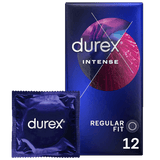
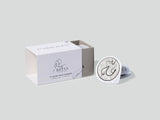
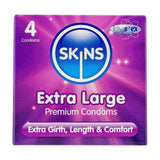
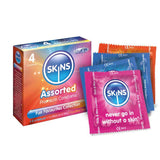
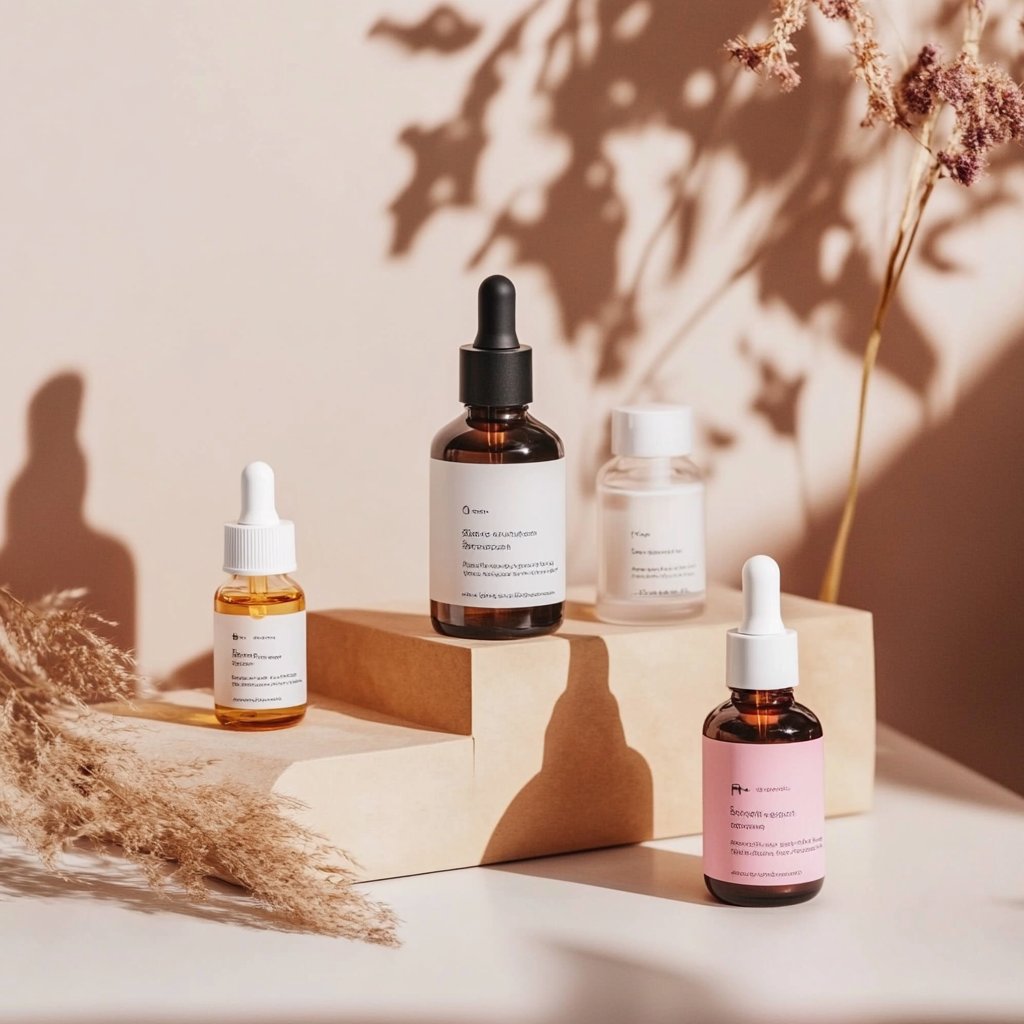
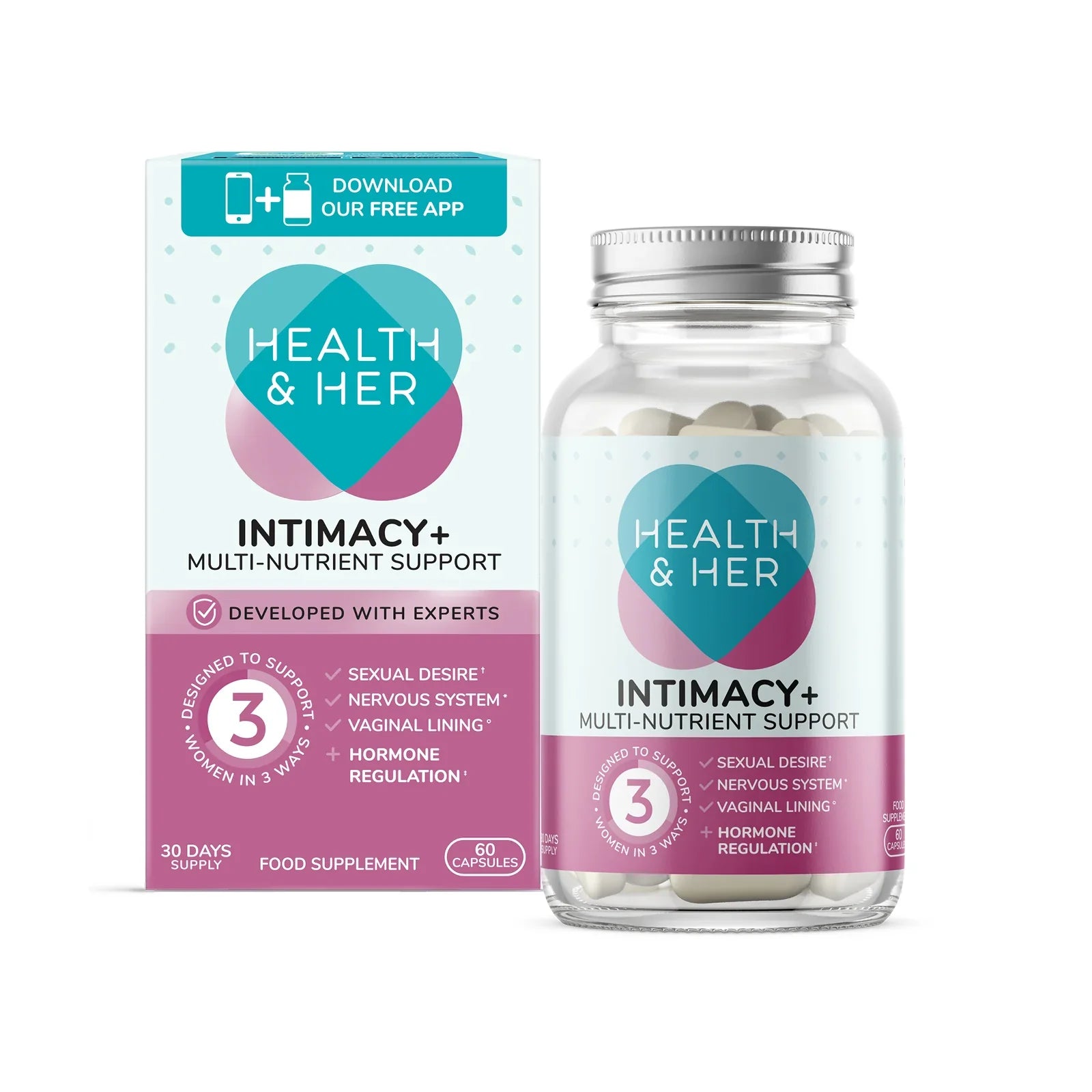
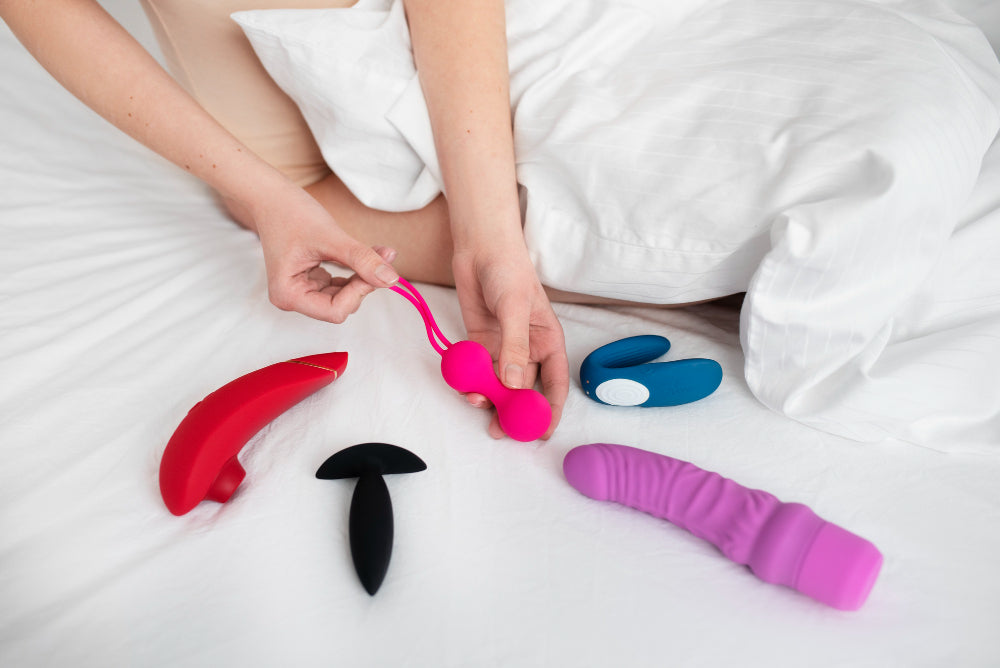
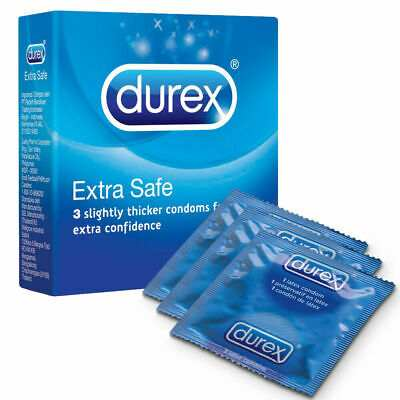
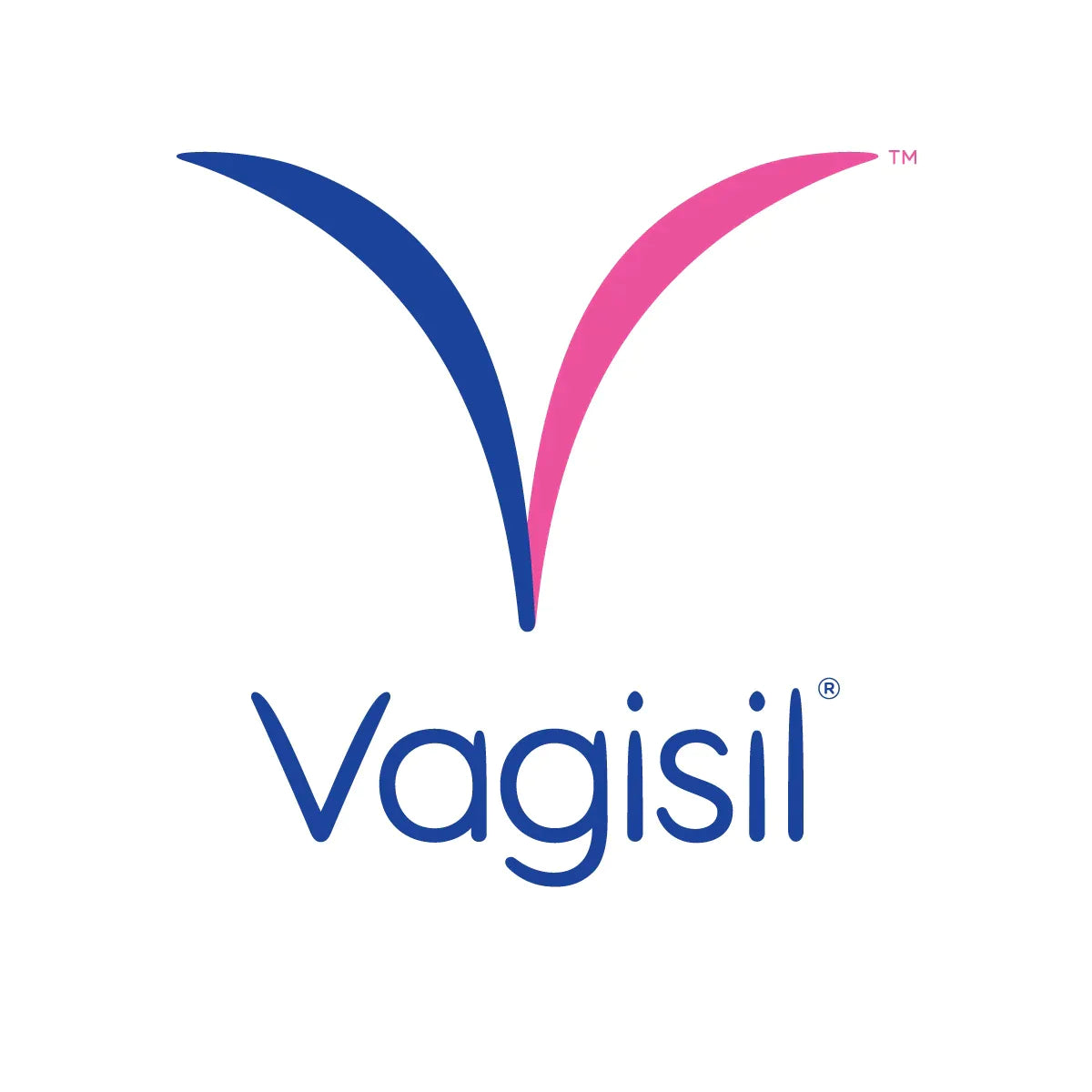
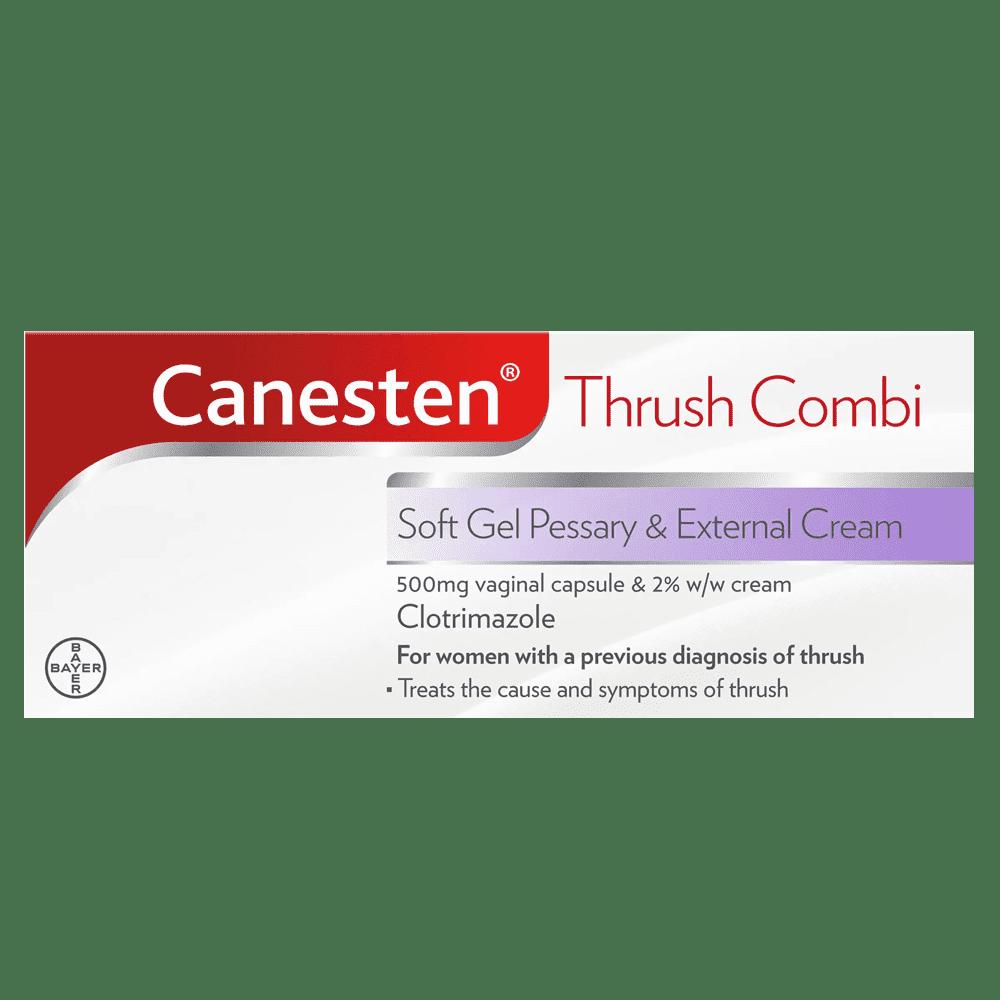
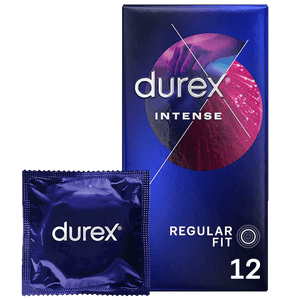
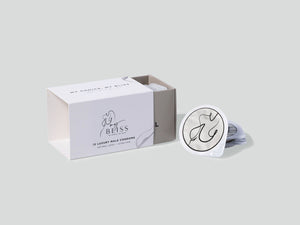
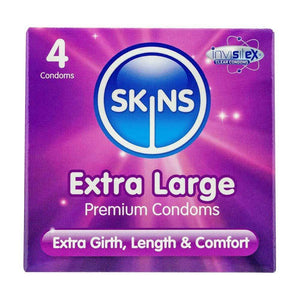
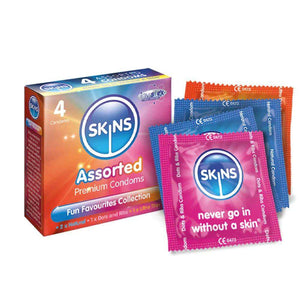
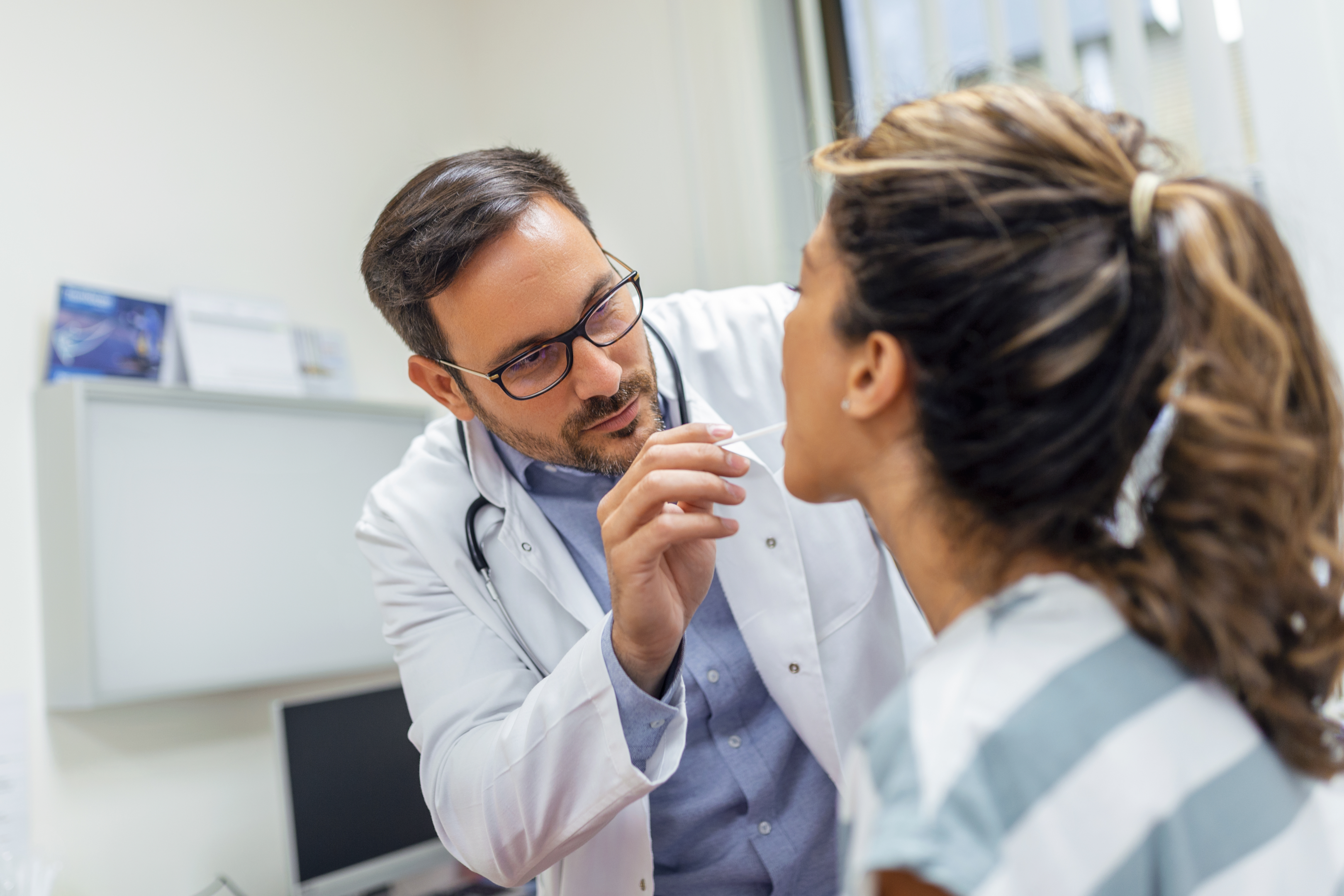
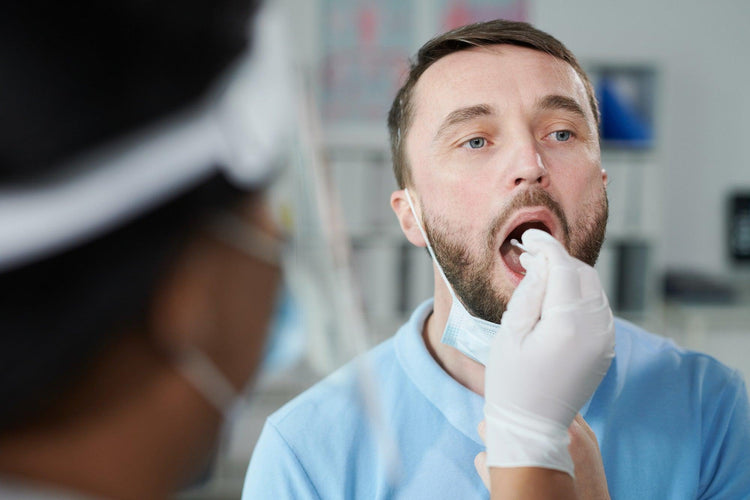


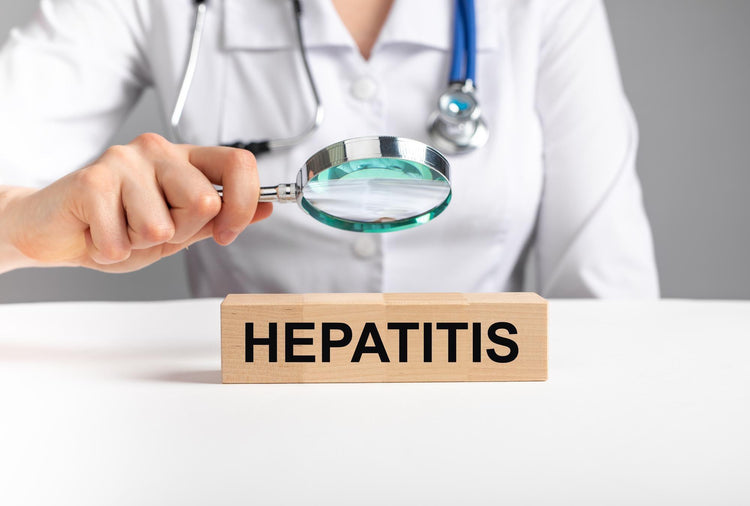

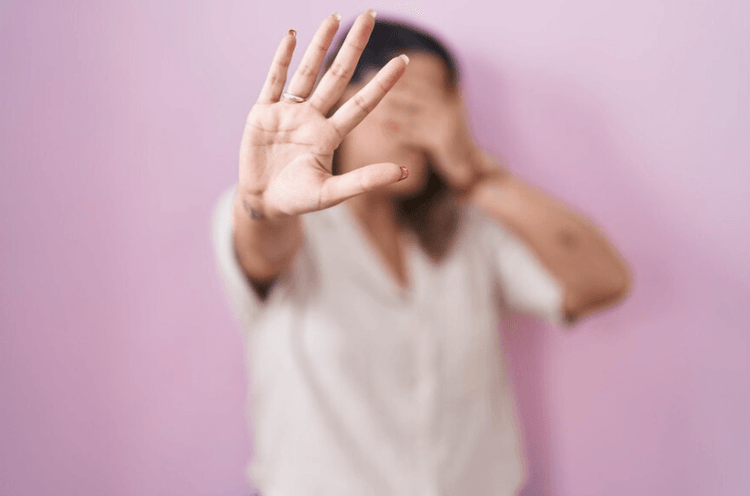
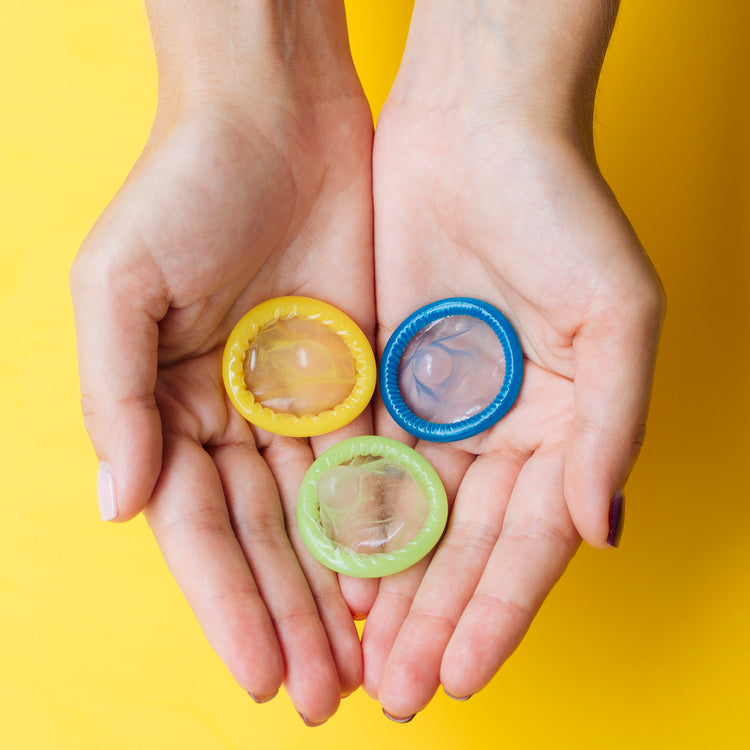
 Rated Excellent by 14,617+ Reviews
Rated Excellent by 14,617+ Reviews